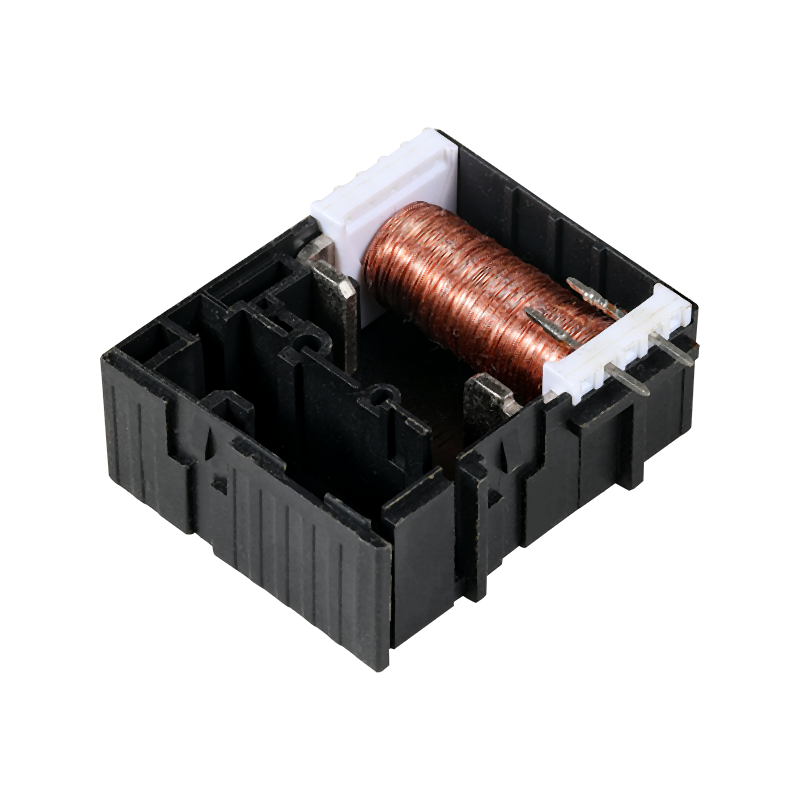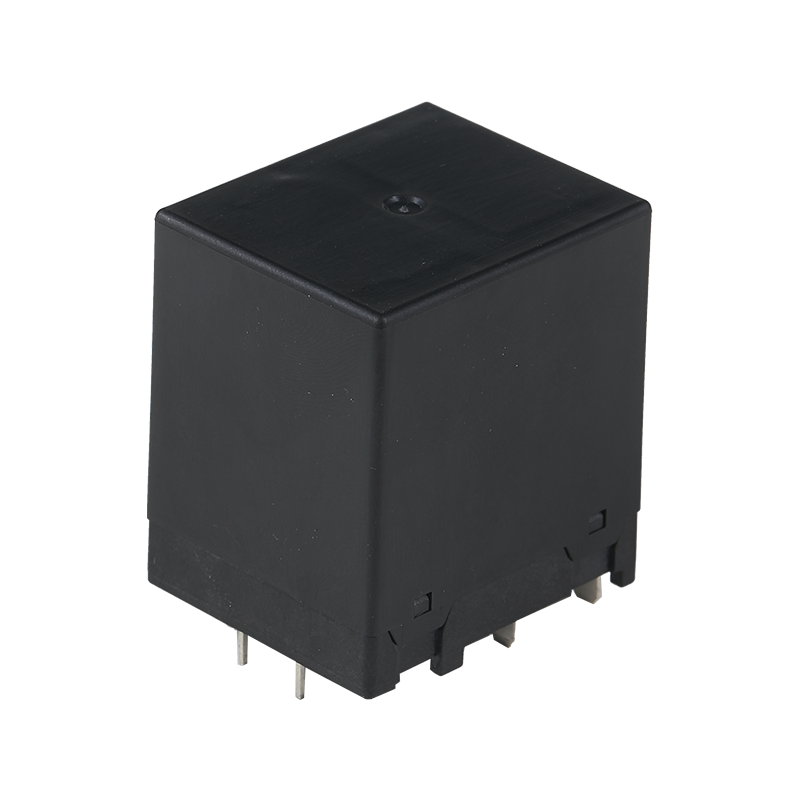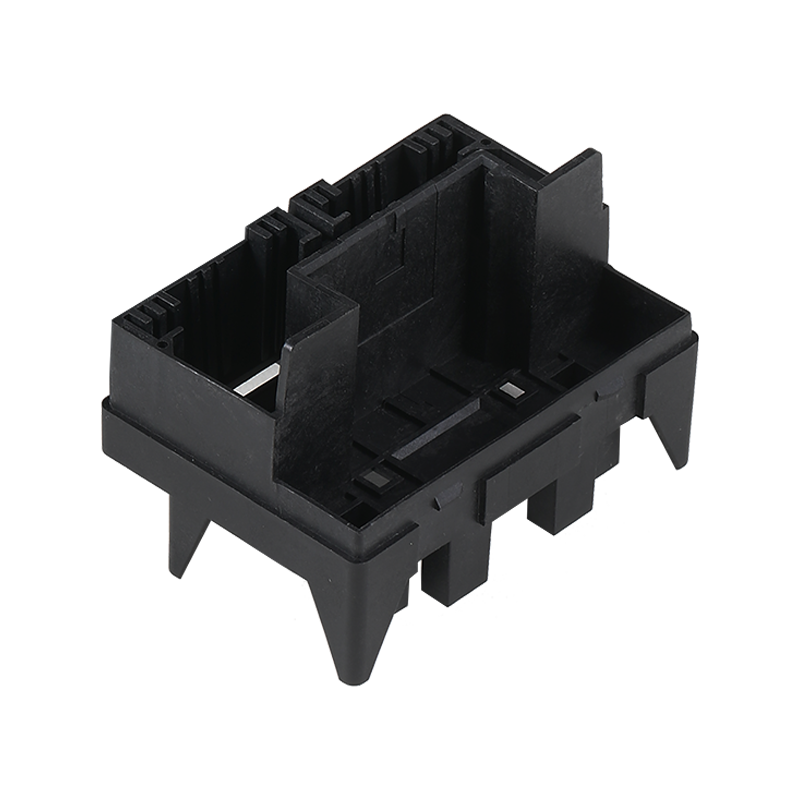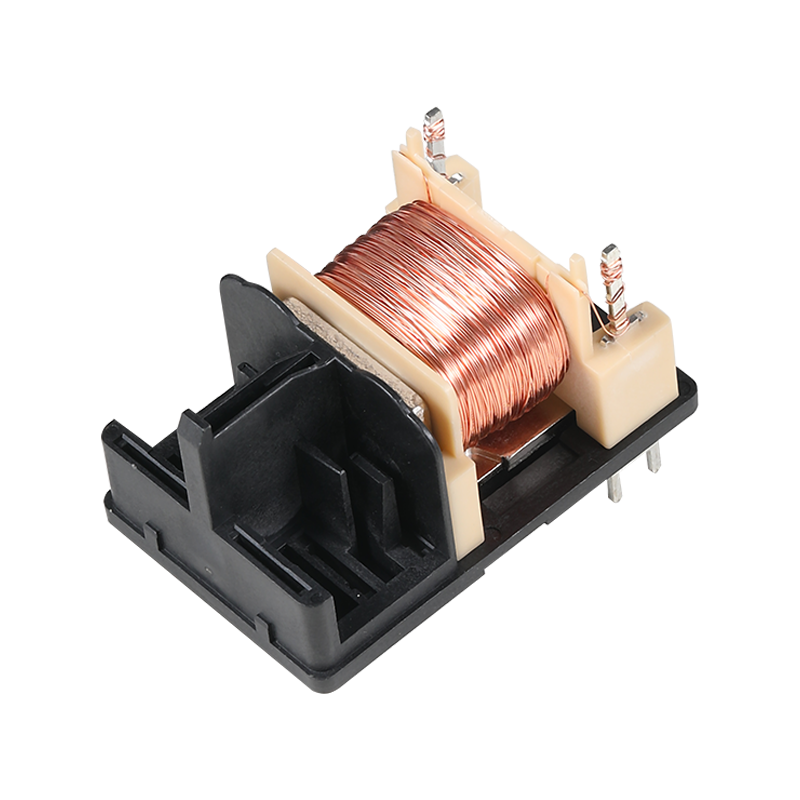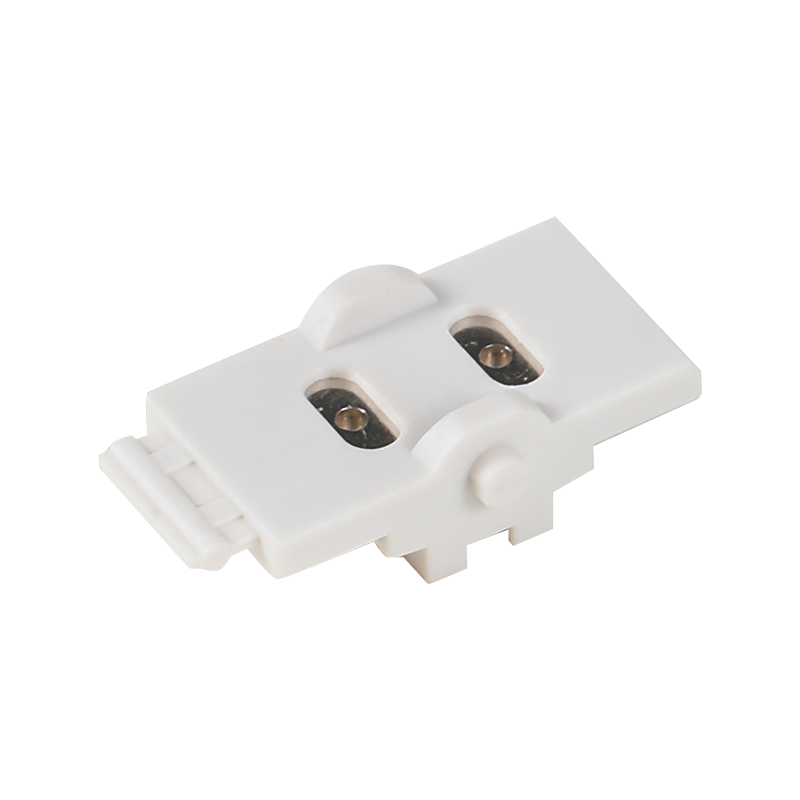
In the complex ecosystem of contemporary industrial operations, electrical industrial connectors stand as fundamental components that establish crucial linkages between various machinery, control systems, and power sources. These sophisticated interconnection devices have evolved far beyond simple plug-and-socket arrangements, transforming into engineered solutions that ensure flawless transmission of electrical power, control signals, and critical data across industrial networks. The significance of electrical industrial connectors extends throughout multiple sectors, including manufacturing automation, energy distribution, transportation systems, and building infrastructure, where they provide the essential connectivity that keeps operations running smoothly and efficiently.
The engineering behind modern electrical industrial connectors represents a remarkable fusion of materials science, mechanical design, and electrical engineering. Contemporary electrical industrial connectors incorporate advanced polymer compounds for housing materials that offer exceptional resistance to environmental stressors including temperature bads, chemical exposure, UV radiation, and mechanical impact. The internal contact components within electrical industrial connectors utilize specialized copper alloys and precision plating technologies to ensure ideal electrical conductivity while resisting corrosion and wear. The mechanical architecture of electrical industrial connectors features innovative locking mechanisms that guarantee secure mating under challenging conditions, preventing accidental disconnections that could cause operational downtime or safety hazards. These technical advancements make electrical industrial connectors reliable partners in the many demanding industrial applications.
The application landscape for electrical industrial connectors continues to expand as industrial automation deepens and digitalization accelerates. In smart manufacturing environments, electrical industrial connectors serve as the nervous system, linking robotic work cells, sensor networks, programmable logic controllers, and human-machine interfaces into a cohesive operational framework. The energy sector relies on specialized electrical industrial connectors for power generation equipment, grid distribution systems, and renewable energy installations, where they must handle substantial electrical loads while maintaining operational safety. Transportation infrastructure depends on robust electrical industrial connectors for railway signaling, electric vehicle charging stations, and traffic management systems. The construction industry utilizes weather-resistant electrical industrial connectors for building automation, security systems, and power distribution networks.
The ongoing technological evolution of electrical industrial connectors addresses the emerging demands of Industry 4.0 and the Industrial Internet of Things. Modern electrical industrial connectors increasingly incorporate smart features that enable condition monitoring, predictive maintenance, and real-time performance data collection. The trend toward miniaturization continues with compact electrical industrial connectors that deliver full performance in space-constrained applications. Hybrid electrical industrial connectors that combine power, signal, data, and even pneumatic connections within unified housings represent another significant innovation, simplifying system architecture and reducing installation complexity. These advancements position electrical industrial connectors as enabling technologies for tomorrow's smarter, more connected industrial facilities.
The selection and implementation of electrical industrial connectors require careful consideration of multiple technical parameters. Engineers must evaluate current ratings, voltage requirements, environmental protection levels, temperature ranges, and mating cycles when specifying electrical industrial connectors for particular applications. Proper installation techniques and maintenance protocols for electrical industrial connectors are equally important, ensuring long-term reliability and operational safety. As industrial systems grow more complex and interconnected, the role of electrical industrial connectors becomes increasingly critical, forming the fundamental connectivity framework that supports automation, enables data exchange, and ensures operational continuity across the entire industrial landscape.

 English
English 中文简体
中文简体 русский
русский
